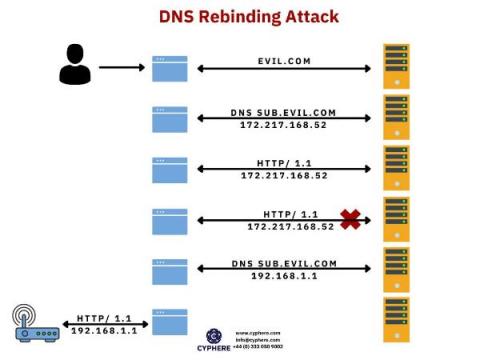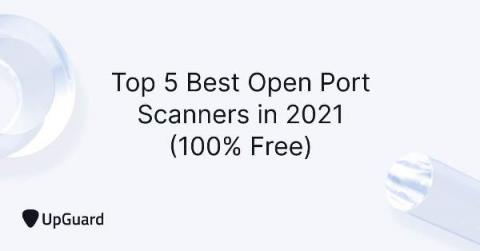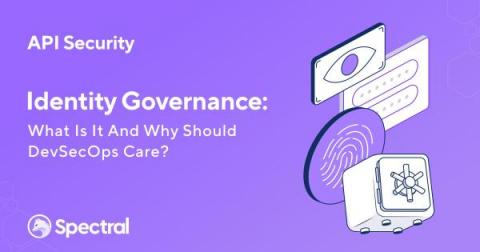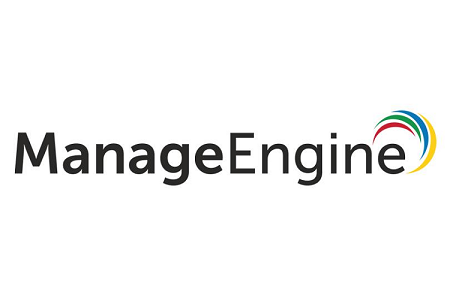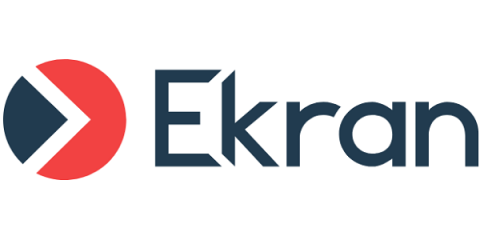Router Hack: How to Protect Your Router from Hacking?
When we hear the word hacking, our minds immediately go to servers, computers and laptops being hacked, but hacking isn’t just for computers, Wi-Fi routers can get hacked as well and are no exception to cyber attacks.


